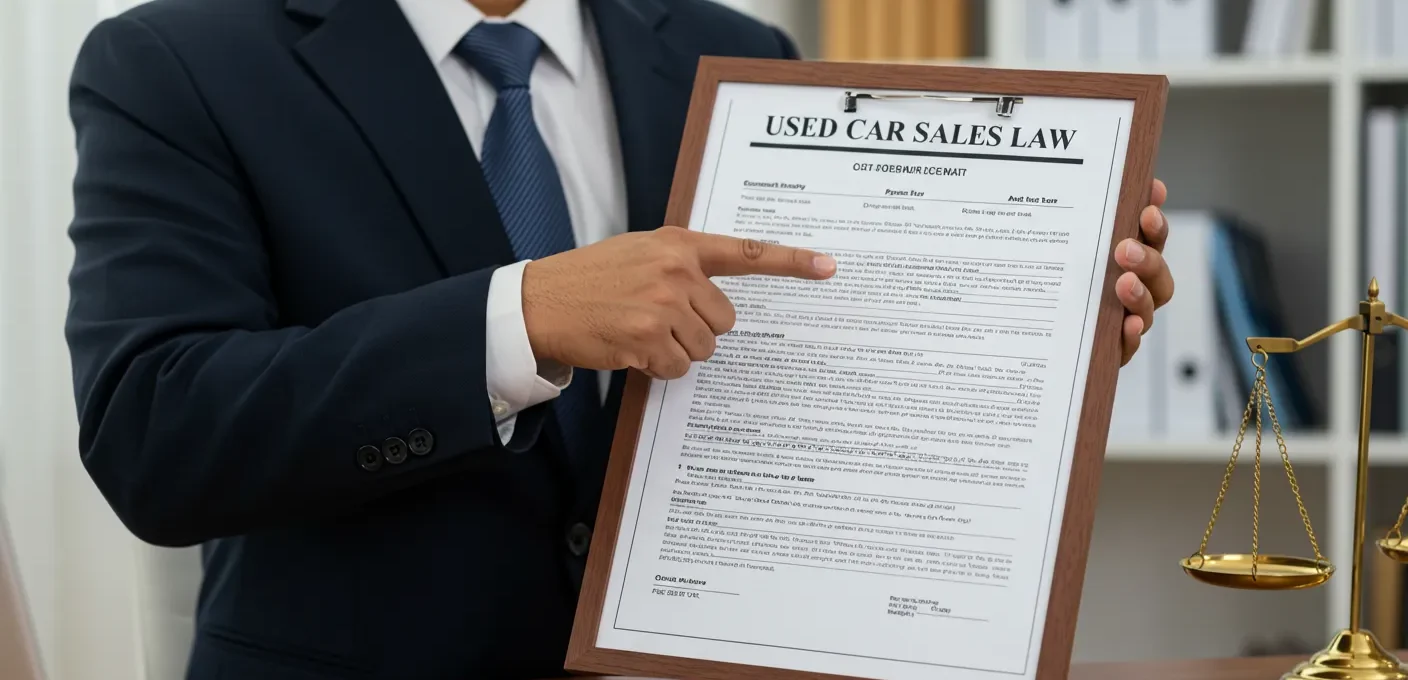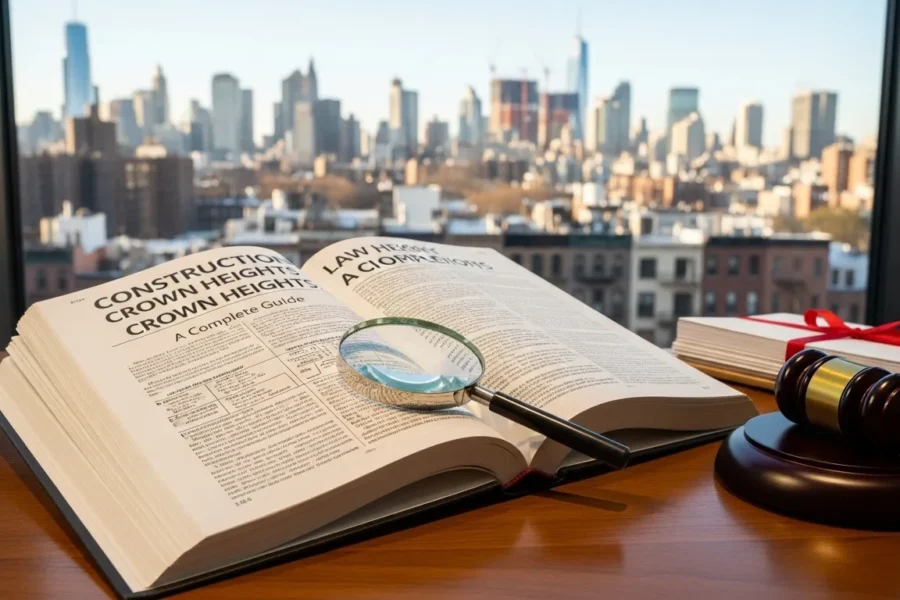Table of Contents
When you buy a used car, you expect it to run smoothly. But what happens if it turns out to be a lemon? Lemon Law for Used Cars offer protection in many states, ensuring you’re not stuck with a defective vehicle that impacts its use, value, or safety.
These laws vary across the U.S., with some states providing robust safeguards and others offering limited or no coverage for used cars. We’ll explore lemon law protections, state-specific rules, warranty details, and steps to take if your car qualifies as a lemon.
Understanding your rights under lemon law for used cars can save you time, money, and frustration. This guide covers key state protections, federal laws like the Magnuson-Moss Warranty Act, and practical tips for spotting hidden defects. Whether you’re dealing with a faulty engine or a car sold “as is,” we’ll help you navigate your options with clarity and confidence.
What Is a Lemon Law for Used Cars?
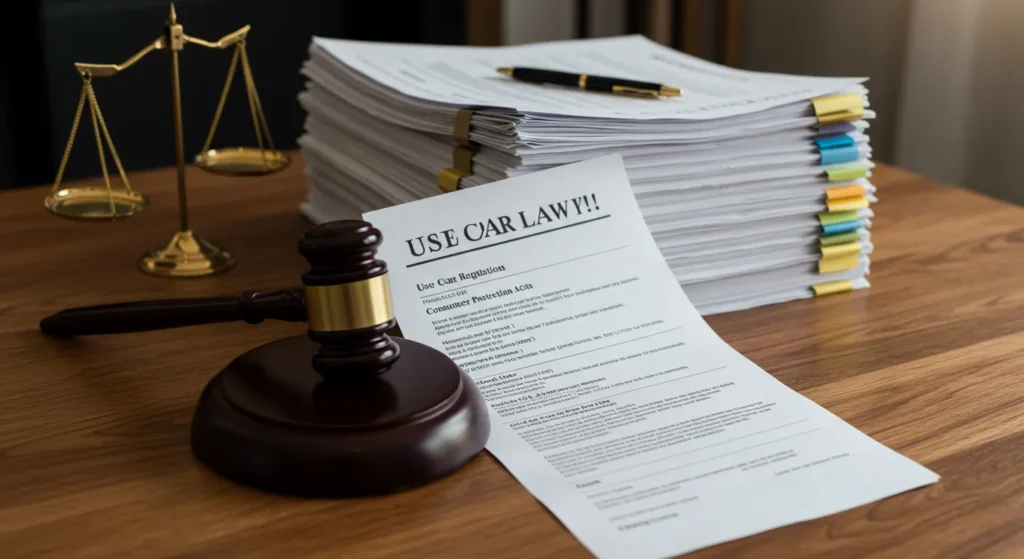
Lemon laws protect consumers who purchase defective vehicles. While most focus on new cars, several states extend protections to used cars under specific conditions. A used car is typically considered a lemon if it has a substantial defect that persists after a reasonable number of repair attempts, affecting its use, value, or safety.
These laws often apply to vehicles still under a manufacturer’s warranty or those sold with a dealer-provided warranty. For example, a car with a faulty transmission that the dealer can’t fix after multiple tries might qualify. Knowing which states offer lemon law for used cars protections is crucial for buyers.
Which States Offer Lemon Law Protections for Used Cars?
Not all states extend lemon laws to used vehicles, but several do with varying rules. Below, we outline key states with lemon law for used cars protections, focusing on eligibility and warranty requirements.
California: Strong Protections for Used Cars
California’sLemon Law for Used Cars applies to used cars still under the manufacturer’s original warranty. If a defect arises during this period, the dealer or manufacturer must repair it. If they fail after a reasonable number of attempts, you may qualify for a refund or replacement.
- Eligibility: The car must be under the manufacturer’s warranty, often covering the powertrain up to 6 or 7 years.
- Repair Attempts: Typically, 3 or more failed repair attempts or 30 days out of service qualify a car as a lemon.
- Remedies: You can choose a refund or a comparable replacement vehicle.
New York: Mandatory Dealer Warranties
New York’s lemon law for used cars requires dealers to provide a written warranty based on the car’s mileage at purchase. This law covers vehicles bought from dealers with 18,001 to 100,000 miles. Covered parts include the engine, transmission, and brakes.
- Warranty Periods:
- 18,001–36,000 miles: 90 days or 4,000 miles
- 36,001–79,999 miles: 60 days or 3,000 miles
- 80,000–100,000 miles: 30 days or 1,000 miles
- Lemon Criteria: A car qualifies if the defect persists after 3 repair attempts or 15 days out of service.
- Resolution: File for arbitration through the New York State Attorney General’s Office or pursue a lawsuit.
New Jersey: Robust Consumer Rights
New Jersey offers strong lemon law protections for used cars bought from licensed dealers. The car must be 7 years old or less, have fewer than 100,000 miles, and cost at least $3,000. Dealers must provide warranties based on mileage.
- Warranty Periods:
- 24,000 miles or less: 90 days or 3,000 miles
- 24,001–60,000 miles: 60 days or 2,000 miles
- 60,001–100,000 miles: 30 days or 1,000 miles
- Deductible: Consumers pay a $50 deductible per repair.
- Lemon Criteria: 3 failed repair attempts or 20 days out of service.
Massachusetts: Broad Coverage for Used Vehicles
Massachusetts extends Lemon Law for Used Cars protections to used cars bought from dealers, covering vehicles with fewer than 125,000 miles. Even cars with higher mileage qualify if they fail inspection within 7 days of purchase. Dealers must repair defects within 11 business days or 3 attempts.
- Eligibility: Applies to personal-use vehicles from dealers selling 3 or more cars in a year.
- Remedies: Refunds or repurchasing options are available if repairs fail.
- Private Sales Exception: You may rescind a sale within 30 days if the seller knew of a defect and didn’t disclose it.
Other States with Used Car Lemon Laws
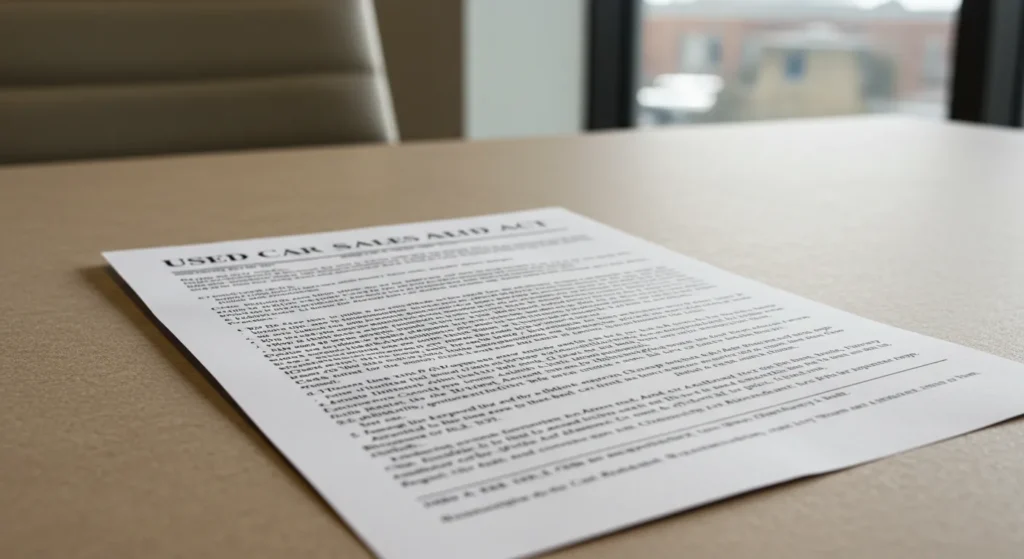
Several other states provide lemon law for used cars protections, often tied to warranties or specific conditions. Here’s a quick overview:
- Arizona: Covers major defects within 15 days or 500 miles. Consumers pay up to $25 for the first two repairs.
- Minnesota: Protects lightly used vehicles if issues are reported within 2 years or the warranty period.
- Rhode Island: Qualifies cars serviced 3 times for the same defect or out of service for 15 days during the warranty.
- Texas: Covers used cars still under a manufacturer’s warranty.
- Vermont: Applies if the first repair occurred within the manufacturer’s warranty period.
| State | Mileage Limit | Warranty Period | Repair Attempts | Days Out of Service |
|---|---|---|---|---|
| California | No limit | Manufacturer’s warranty | 3+ | 30+ |
| New York | 100,000 | 30–90 days or 1,000–4,000 miles | 3+ | 15+ |
| New Jersey | 100,000 | 30–90 days or 1,000–3,000 miles | 3+ | 20+ |
| Massachusetts | 125,000 | 11 business days | 3+ | 11+ |
| Arizona | No limit | 15 days or 500 miles | 2+ | Not specified |
Federal Laws Supporting Used Car Buyers
Beyond state Lemon Law for Used Cars, federal laws provide additional protections for used car buyers. The Magnuson-Moss Warranty Act and the Uniform Commercial Code (UCC) are key frameworks. These laws ensure consumers have remedies even when state laws fall short.
Magnuson-Moss Warranty Act
The Magnuson-Moss Warranty Act prevents manufacturers from disclaiming implied warranties if they offer a written warranty. If you buy a used car with a manufacturer’s warranty or a service contract within 90 days of purchase, this law applies. You can seek refunds and attorney fees for unresolved defects.
Uniform Commercial Code (UCC)
The UCC offers protections for defective goods, including used cars. It allows consumers to seek damages for breaches of implied warranties, like merchantability. This is useful when a car doesn’t perform as expected, even if sold “as is.”
Federal Odometer Statute
The Federal Odometer Statute protects against odometer tampering. If a dealer misrepresents a car’s mileage, you can claim at least $10,000 in statutory damages plus attorney fees. This applies even to “as is” sales, offering a strong remedy.
Navigating “As Is” Sales
Many used cars are sold “as is,” meaning no warranty is provided. However, lemon law for used cars protections and other consumer laws can still apply. Seven states (District of Columbia, Kansas, Maryland, Massachusetts, Mississippi, Washington, West Virginia) prohibit “as is” sales, making disclaimers ineffective.
In 26 other states, restrictions limit “as is” disclaimers. For example, New York and New Jersey require dealers to provide warranties, overriding “as is” terms. Even in states allowing “as is” sales, the Magnuson-Moss Warranty Act or UCC may protect you if the car has a manufacturer’s warranty or the dealer made false claims about its condition.
- Check the Contract: Ensure any “as is” disclaimer is clear, written, and agreed upon before signing.
- Inspect the Vehicle: Get an independent mechanic’s inspection to uncover hidden defects.
- Document Everything: Keep records of all communications and repair attempts.
How to Spot Hidden Vehicle Defects
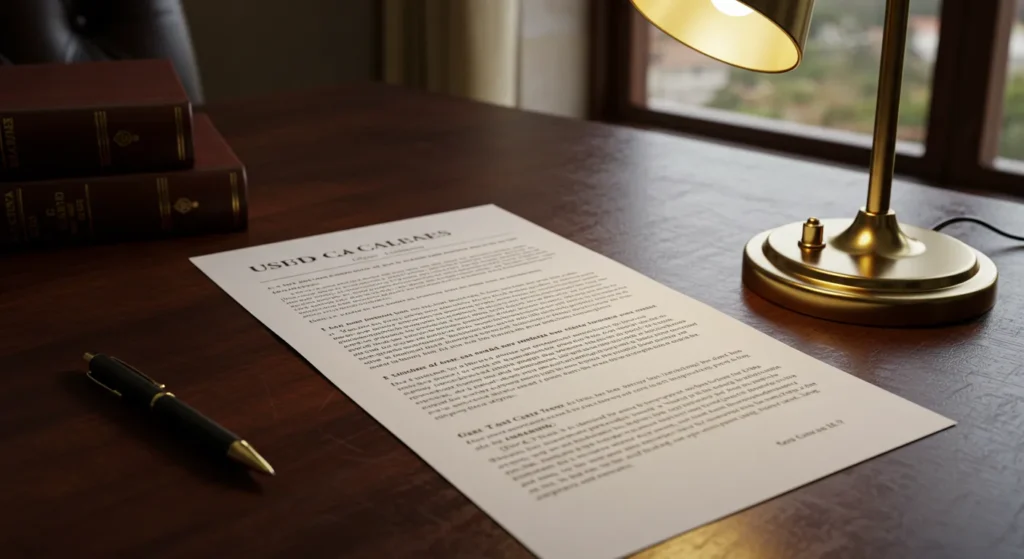
Uncovering defects early can strengthen your lemon law claim. Use these methods to check a used car’s history and condition before or after purchase.
- VIN Check: Enter the Vehicle Identification Number at nhtsa.gov/recalls for free recall information.
- Vehicle History Report: Use vehiclehistory.gov to check for salvage or total loss records. Costs around $3.50.
- Independent Inspection: Hire a mechanic for a thorough check, typically $50–$150.
- Google the VIN: A quick search may reveal accident reports or other red flags.
Steps to Take If You Have a Lemon
If you suspect your used car is a lemon, act quickly to protect your rights. Follow these steps to build a strong case under lemon law for used cars.
- Notify the Dealer: Report the defect in writing and request repairs within the warranty period.
- Keep Records: Save all repair orders, receipts, and correspondence with the dealer or manufacturer.
- Request Arbitration: Many states, like New York and New Jersey, offer arbitration through state programs or the National Center for Dispute Settlement (NCDS).
- Consult an Attorney: Many lemon law attorneys offer free consultations and work on contingency, meaning no upfront costs.
Final Thoughts
Navigating lemon law for used cars can feel overwhelming, but knowing your rights makes all the difference. Each state has unique rules, from California’s warranty-based protections to New York’s mandatory dealer warranties.
By understanding lemon law protections, checking for defects, and acting quickly, you can protect yourself from a faulty vehicle. Always document issues, seek arbitration if needed, and consult an attorney for expert guidance. This article does not provide financial advice.
FAQs
Does every state have a lemon law for used cars?
Not every state extends lemon law protections to used cars. States like California, New York, New Jersey, and Massachusetts offer specific protections, often tied to warranties. Check your state’s laws for details.
Can I use lemon law if I bought a car “as is”?
In some states, “as is” disclaimers don’t apply if the car has a manufacturer’s warranty. Seven states prohibit “as is” sales entirely. Federal laws like the Magnuson-Moss Warranty Act may also provide remedies.
How many repair attempts make a car a lemon?
Most states define a lemon as a car with a defect persisting after 3 or more repair attempts. Some, like New Jersey, also consider 20 days out of service as qualifying.
Can I get a refund for a lemon used car?
Yes, in states with lemon law for used cars, you may qualify for a refund or replacement if the defect can’t be fixed. Arbitration or lawsuits can enforce this right.
Do I need a lawyer for a lemon law claim?
While not required, a lemon law attorney can strengthen your case. Many offer free consultations and work on contingency, so you pay only if you win.

